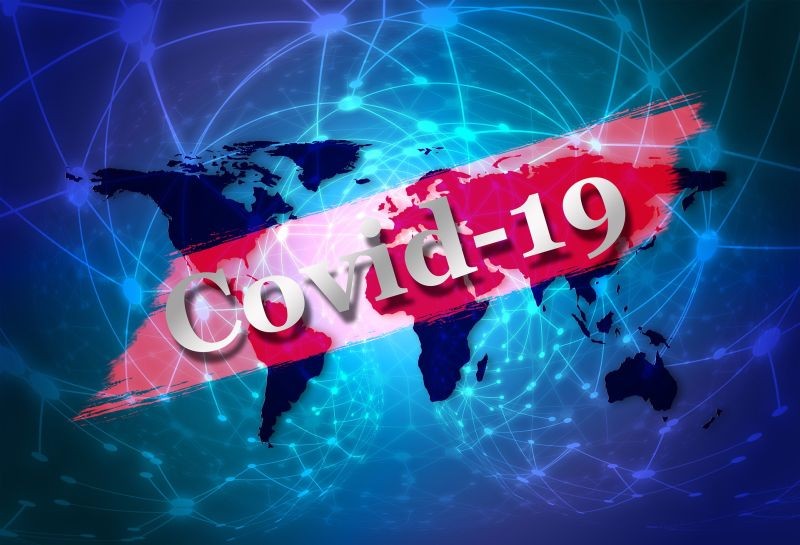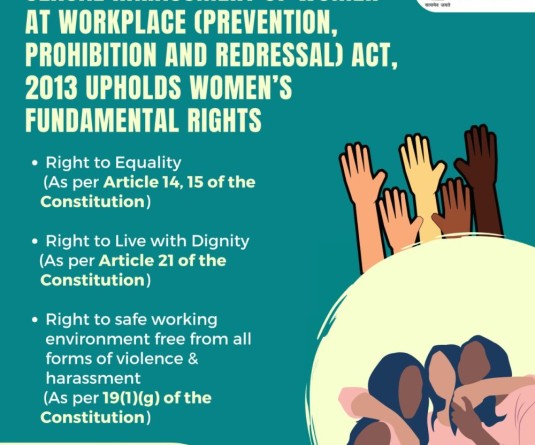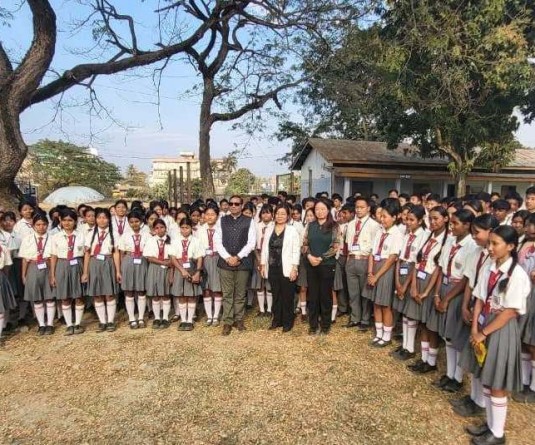(Photo Courtesy: Pixabay)

Dimapur, July 28 (MExN): To help improve understanding of the Coronavirus outbreak complex dynamics, Tetso College, Dimapur reached out to some global health experts for their quick “reality checks” on key issues.
The college invited Microbiologist Prof (Dr) Amar P Garg, Vice Chancellor of Shobhit University to speak on “Covid-19: Emergence, Outbreak and Management” in a webinar on July 28. The talk was facilitated and moderated by Dr Aniruddha Babar, a Political Scientist and an expert in International Law.
The speaker, Prof Amar P Garg and the participants began to assess the current level of knowledge about the new COVID-19 disease, identify gaps and work together to accelerate and fund priority research needed to help stop this outbreak and prepare for any future outbreaks. From insomnia and stress management to the effect of COVID-19 on the eyes and the kidneys, in this Webinar series, the speaker addressed a host of concerns regarding physical and mental health.
Prof Garg spoke about the origin and the emergence of the COVID-19, which came from China. He discussed in the detail the clinical symptoms of COVID-19, which are bit similar to other respiratory viruses. “This outbreak is a test of solidarity - political, financial and scientific. We need to come together to fight a common enemy that does not respect borders, ensure that we have the resources necessary to bring this outbreak to an end and bring our best science to the forefront to find shared answers to shared problems. Research is an integral part of the outbreak response,” said Prof Garg.
Prof Garg believes that COVID-19 has a capacity for human-to-human transmission, the public has no hard immunity against it, a high mortality rate, which makes it suitable agents for pandemic potential and the modern transport system also helps in its rapid expansion. “Easy mode of transmission, nature of the virus, population density, environmental condition, social culture (like handshaking, etc.) are major contributors to its rapid spreading,” he said. Prof Garg made comparative analysis of the COVID -19 and the earlier diseases like SARS, MERS, Swine Flu and Ebola Viruses.
The speaker stressed the need for the Central Government, State governments as also district administrations to develop an ownership-based mechanism to disseminate information to the community and use it in their governance and development activity. Prof Garg believes that the government has not managed the situation of Covid-19 in a proper way.
The speaker and the participants discussed all aspects of the outbreak and ways to control it including: the natural history of the virus, its transmission and diagnosis; animal and environmental research on the origin of the virus, including management measures at the human-animal interface; epidemiological studies; clinical characterization and management of disease caused by the virus; infection prevention and control, including best ways to protect health care workers; research and development for candidate therapeutics and vaccines; ethical considerations for research; and integration of social sciences into the outbreak response.
The speaker and the participants virtually agreed on a set of global research priorities. They also outlined mechanisms for continuing scientific interactions and collaborations beyond the meeting which will be coordinated and facilitated by WHO.






